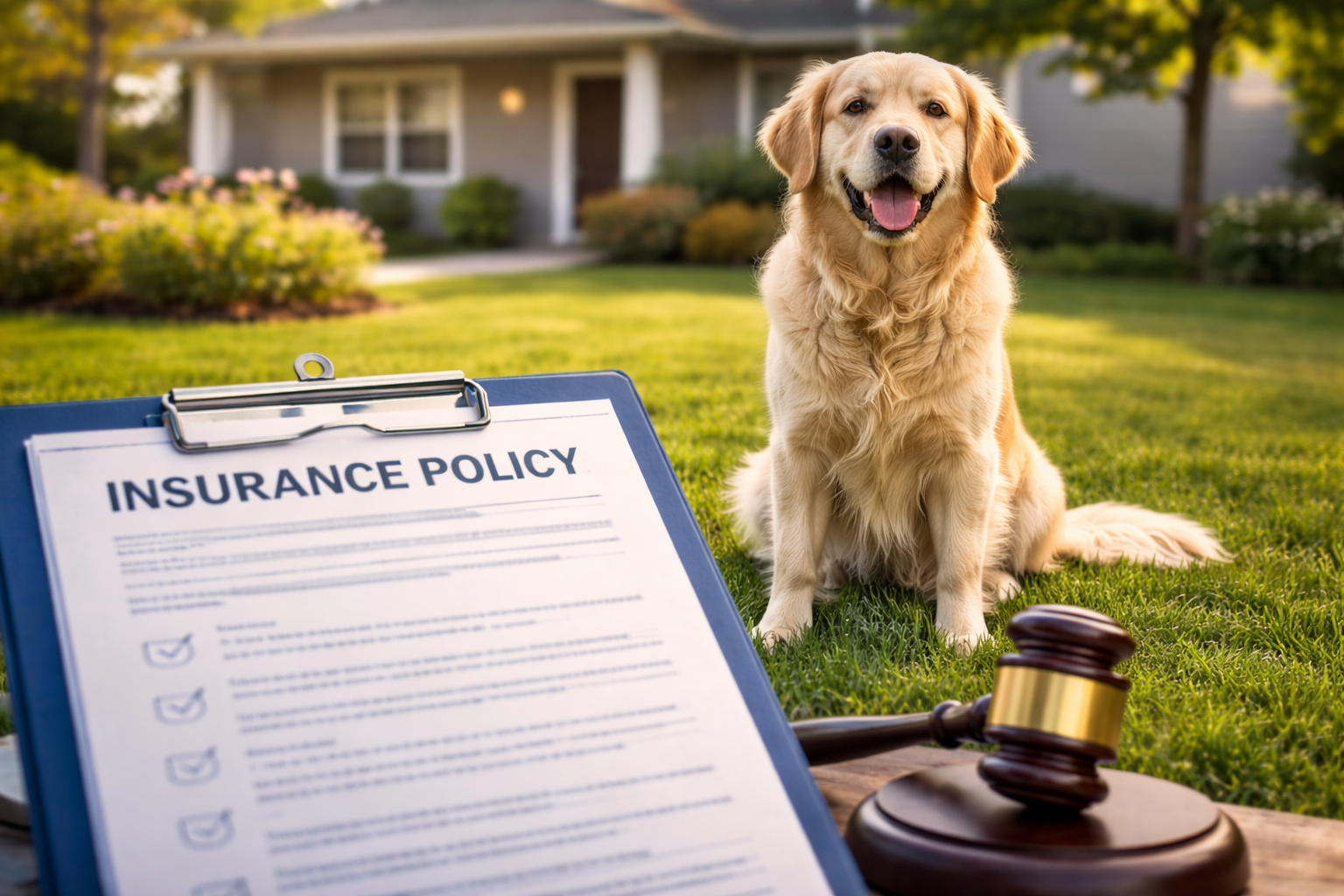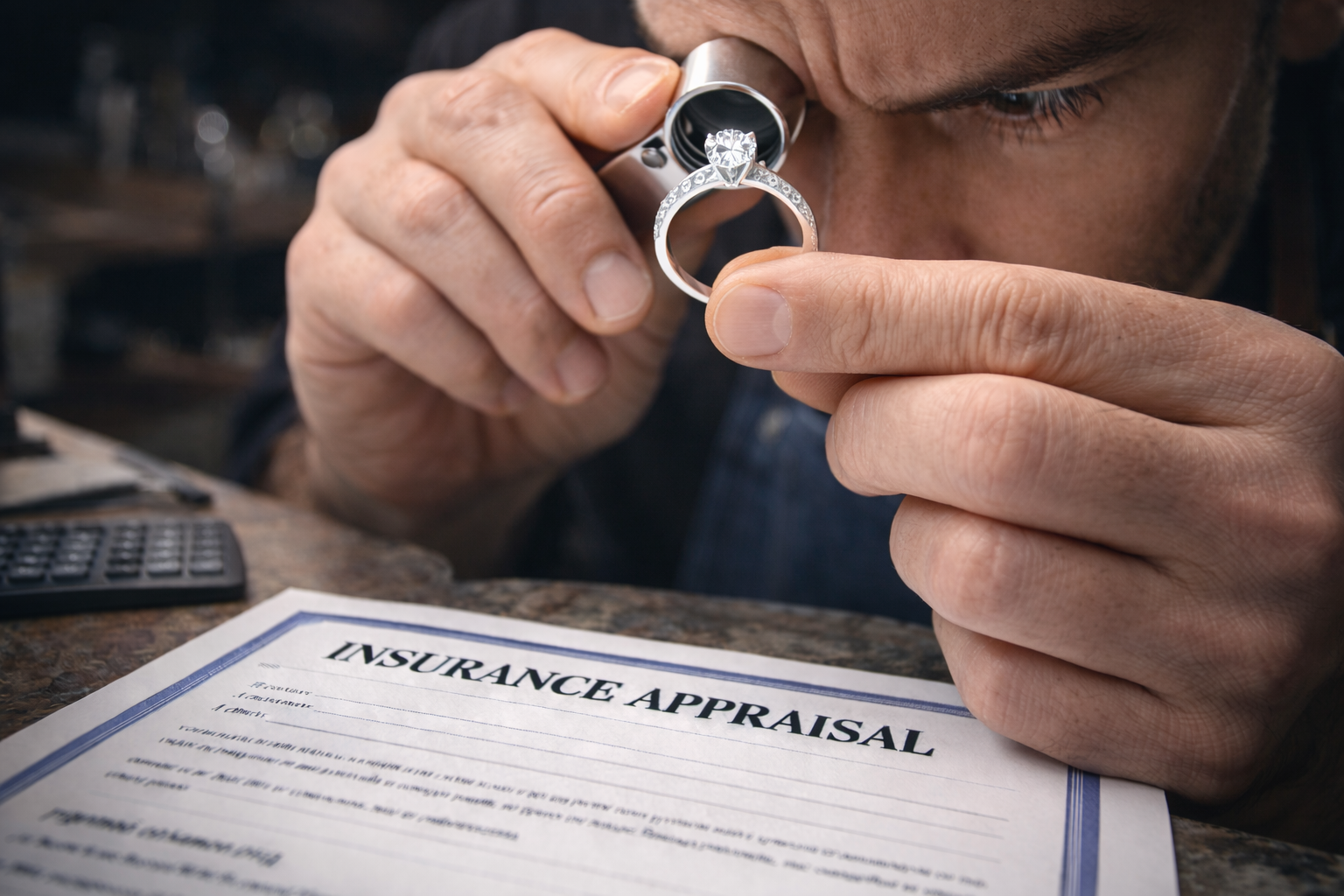What Is Umbrella Insurance and Why Do You Need It?
Adams Kotel
Published on

In our financial lives, we diligently purchase insurance to protect our most valuable assets. We buy auto insurance to cover our cars and homeowners insurance to protect our homes. These policies are the bedrock of personal risk management. A crucial component of these standard policies is liability coverage, which is designed to protect you financially if you are sued for causing injury to someone or damaging their property.
Your homeowners policy might provide $300,000 in liability coverage, and your auto policy might provide $250,000 per person. These numbers can feel substantial. But what happens if you are faced with a "black swan" event—a catastrophic accident that leads to a lawsuit far exceeding these limits? What if a jury hands down a judgment of $1 million, $2 million, or more?
In that scenario, your standard policies would pay up to their limits, and you would be personally on the hook for the rest. The court could seize your savings, your investments, your home, and even garnish your future wages for years to come to satisfy the judgment. A single, tragic moment could wipe out a lifetime of hard work and financial planning.
This is precisely the scenario that personal umbrella insurance is designed to prevent. An umbrella policy is a form of excess liability insurance. As the name suggests, it sits "on top" of your existing auto and home policies, providing an additional, broad layer of liability protection. It is a surprisingly affordable and incredibly powerful tool for safeguarding your financial future.
This guide will explain in detail how umbrella insurance works, what it covers, who needs it, and why it is one of the best bargains in the insurance world.
How Umbrella Insurance Works: An Extra Layer of Protection
Think of your insurance coverage as layers of a shield.
- Primary Layer: Your auto and homeowners policies are your primary liability coverage. They are the first line of defense.
- Secondary Layer: Your umbrella policy is the secondary, or excess, layer. It only kicks in after the liability limits of your primary policies have been completely exhausted.
Let's walk through a realistic example: You have an auto insurance policy with a bodily injury liability limit of $300,000 per person. You cause a serious car accident that results in severe, permanent injuries to the other driver. After a lawsuit, the court awards the injured party a judgment of $1.2 million.
Your auto policy pays its full limit: $300,000.
This leaves a shortfall of $900,000.
Without an umbrella policy: You are personally responsible for paying that $900,000. Your assets are now at risk.
With a $1 million umbrella policy: After your auto policy pays its $300,000, your umbrella policy would activate and pay the remaining $900,000 of the judgment. Your personal assets remain untouched.
Insurers require you to carry a certain minimum amount of liability coverage on your underlying auto and home policies before they will sell you an umbrella policy. This is typically:
- Auto: $250,000 bodily injury liability per person / $500,000 per accident.
- Homeowners: $300,000 personal liability.
The umbrella policy is designed to handle the less frequent but far more severe claims that exceed these robust primary limits.
What Does an Umbrella Policy Cover?
An umbrella policy broadens your liability protection in two significant ways.
1. Higher Limits for Common Risks:
It provides higher limits for the same types of liability claims covered by your standard auto and homeowners policies, such as: - Bodily Injury: Causing a car accident that injures others; a guest slipping on your icy driveway; your dog biting a neighbor. - Property Damage: Causing an accident that damages someone else's car; accidentally causing damage to someone else's property.
2. Coverage for Risks Not Included in Standard Policies:
Umbrella policies often provide coverage for a class of claims that are typically excluded from standard home and auto policies. This can include: - Slander: Causing harm to someone's reputation through spoken words. - Libel: Causing harm through written words (which, in the digital age, can include a blog post, a social media comment, or a negative online review). - False Arrest or Imprisonment. - Malicious Prosecution. - Liability as a Landlord: If you own rental properties, an umbrella policy can provide excess liability coverage for incidents that occur on those properties. - Liability While Traveling Abroad: Your standard policies may not provide liability coverage when you are traveling internationally. An umbrella policy often does.
For these non-standard claims, the umbrella policy may act as primary coverage, subject to a self-insured retention (SIR), which is like a deductible, often ranging from $250 to $1,000.
Who Needs an Umbrella Policy?
It is a dangerous misconception that umbrella insurance is only for the "wealthy." While it is true that the more assets you have, the more you have to lose and the more you need an umbrella, the reality is that almost anyone with a positive net worth and a desire to protect their future income should strongly consider it.
You are a prime candidate for an umbrella policy if:
- You own a home.
- You have any significant savings or investments, including retirement accounts like a 401(k) or IRA. While retirement accounts have some protection from creditors, they are not invincible in a lawsuit.
- Your income is high enough that it could be garnished. A court can order that a portion of your future paychecks be diverted to pay a judgment.
- You have an "attractive nuisance" on your property, such as a swimming pool, a hot tub, or a trampoline, which significantly increases your risk of a liability claim.
- You have teenage drivers in your household, who are statistically the highest-risk drivers.
- You own a dog, especially a breed that may be considered aggressive.
- You are a landlord and own rental properties.
- You are a public figure or have a prominent role in your community, which could make you a more attractive target for a lawsuit.
- You serve on the board of a non-profit organization.
In essence, if you have worked hard to build a financial life for yourself and your family, an umbrella policy is the shield that protects it.
The Incredible Affordability of Umbrella Insurance
Given the massive amount of protection it provides, umbrella insurance is one of the best values in the insurance market. Because it is "excess" coverage that only pays out on rare, catastrophic claims, the premiums are remarkably low.
- A $1 million umbrella policy typically costs between $150 and $350 per year.
- Each additional $1 million in coverage generally costs another $100 to $150 per year.
This means that for less than a dollar a day, you can add a million dollars of liability protection to your financial plan.
How to Purchase an Umbrella Policy
The easiest and most common way to buy an umbrella policy is through the same insurance company that provides your auto and homeowners insurance. In fact, most insurers will only sell you an umbrella policy if they also handle your underlying policies. This allows them to manage the entire scope of your liability risk and often results in an additional discount for bundling all three policies.
Conclusion:
We live in a litigious world where the financial consequences of a single mistake or a tragic accident can be devastating. Your standard home and auto policies provide a solid foundation of liability protection, but they have limits. An umbrella policy is the essential capstone to that foundation. It is the affordable, common-sense way to protect the assets you have worked your entire life to accumulate and to safeguard your income for the years to come. It is not an insurance for the rich; it is an insurance for the responsible. If you have a net worth to protect, you need an umbrella policy.
Share this article
About the Author
Adams Kotel
Lead Insurance Analyst
Adams has over 15 years of experience in the insurance industry, specializing in personal line products. He is passionate about demystifying complex insurance topics and helping consumers make educated decisions.
Related Articles

Pet Liability Insurance & Breed Restrictions: A Homeowner’s Guide
Your dog is family to you, but to an insurance underwriter, they represent a massive financial risk. We decode pet liability, the dreaded "breed blacklist," and how to insure excluded animals.
Adams Kotel

Scheduled Personal Property Insurance: A Complete Guide
Your standard homeowners policy has hidden limits that will not cover your engagement ring, Rolex, or fine art if stolen. Learn how Scheduled Personal Property insurance protects your most valuable assets.
Adams Kotel